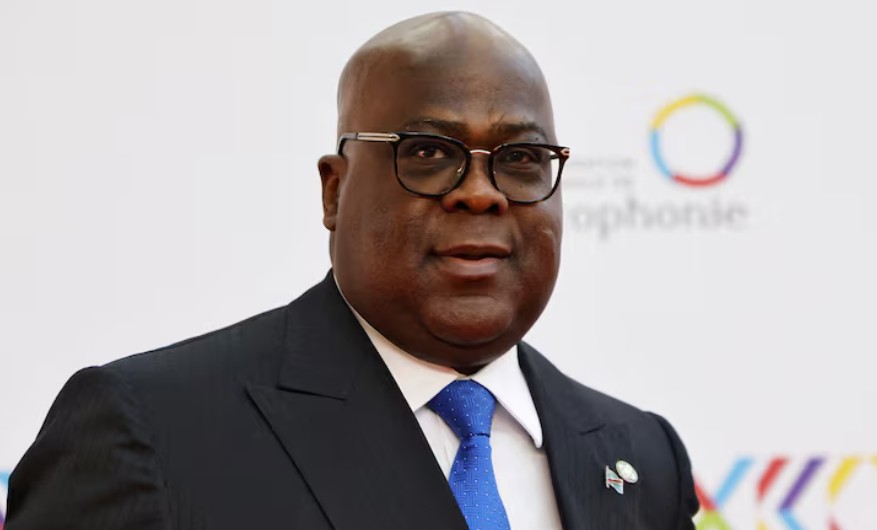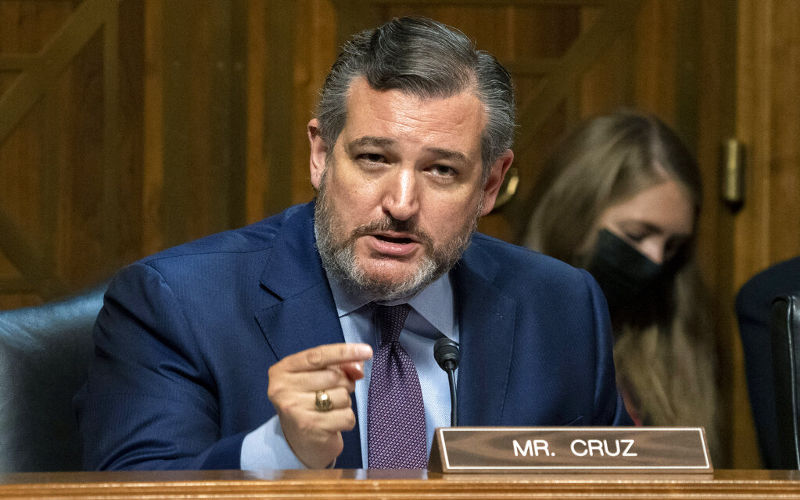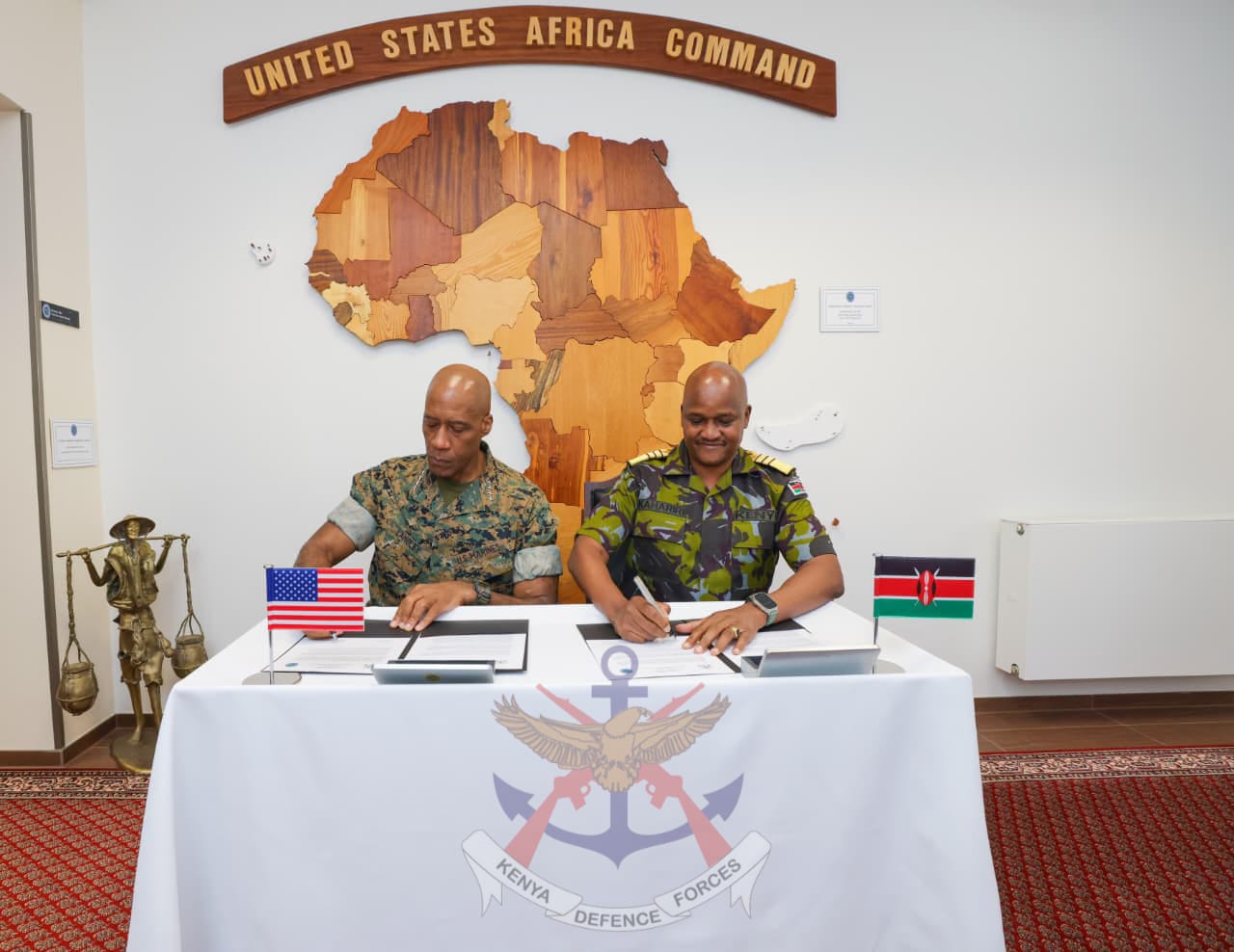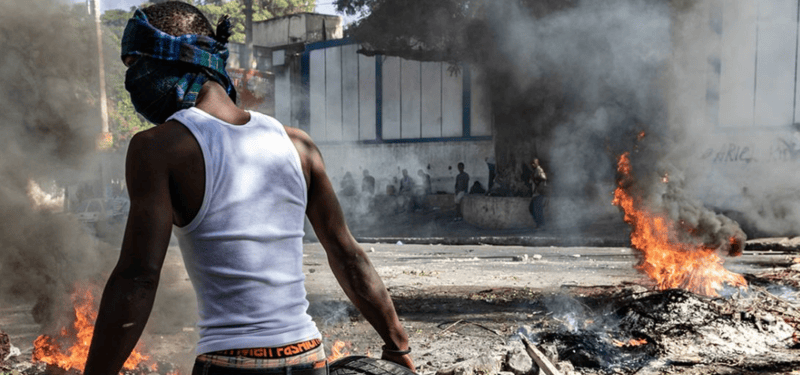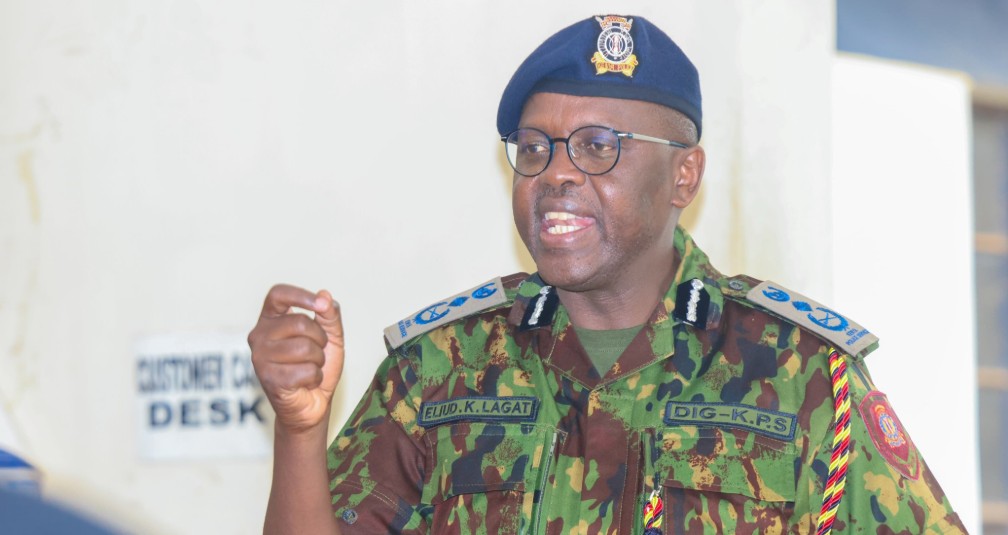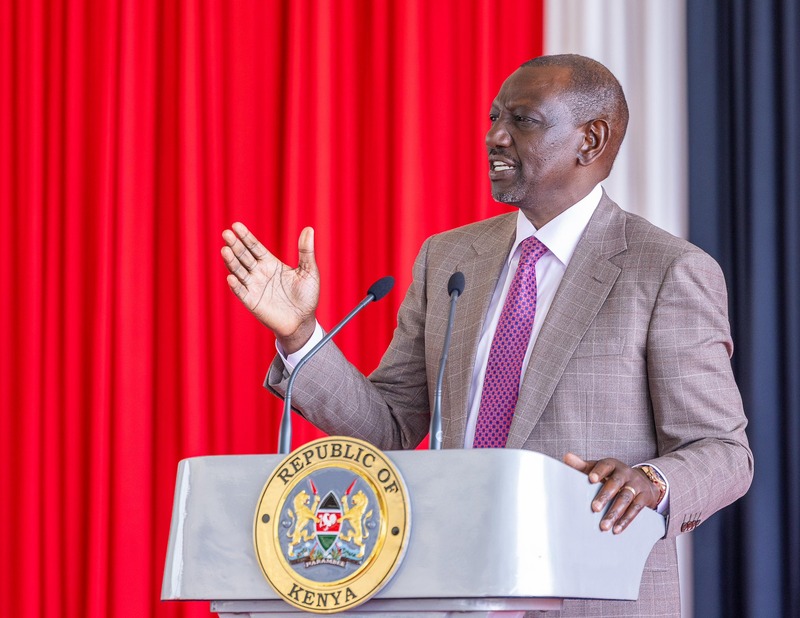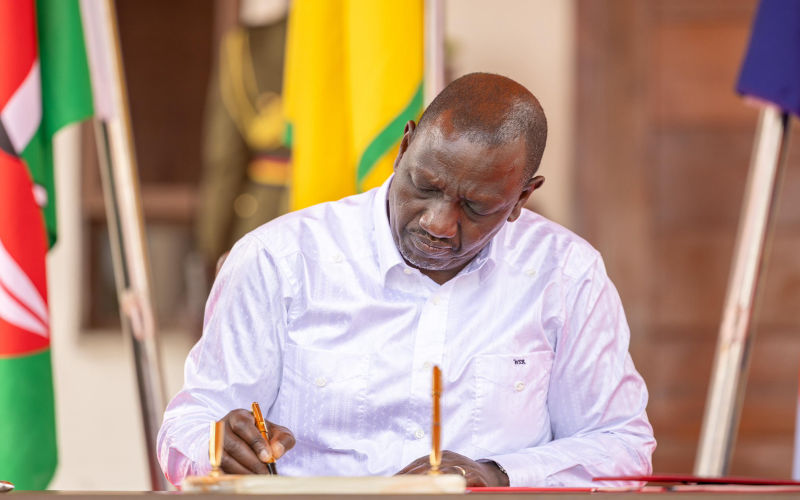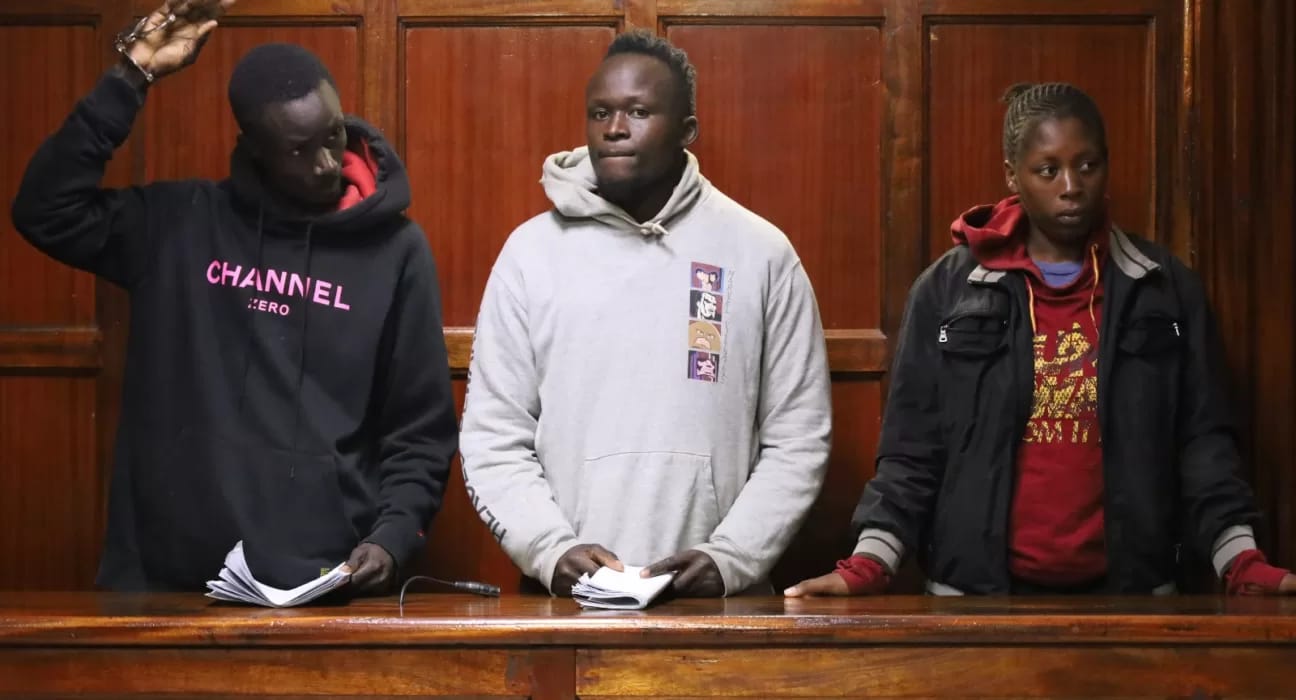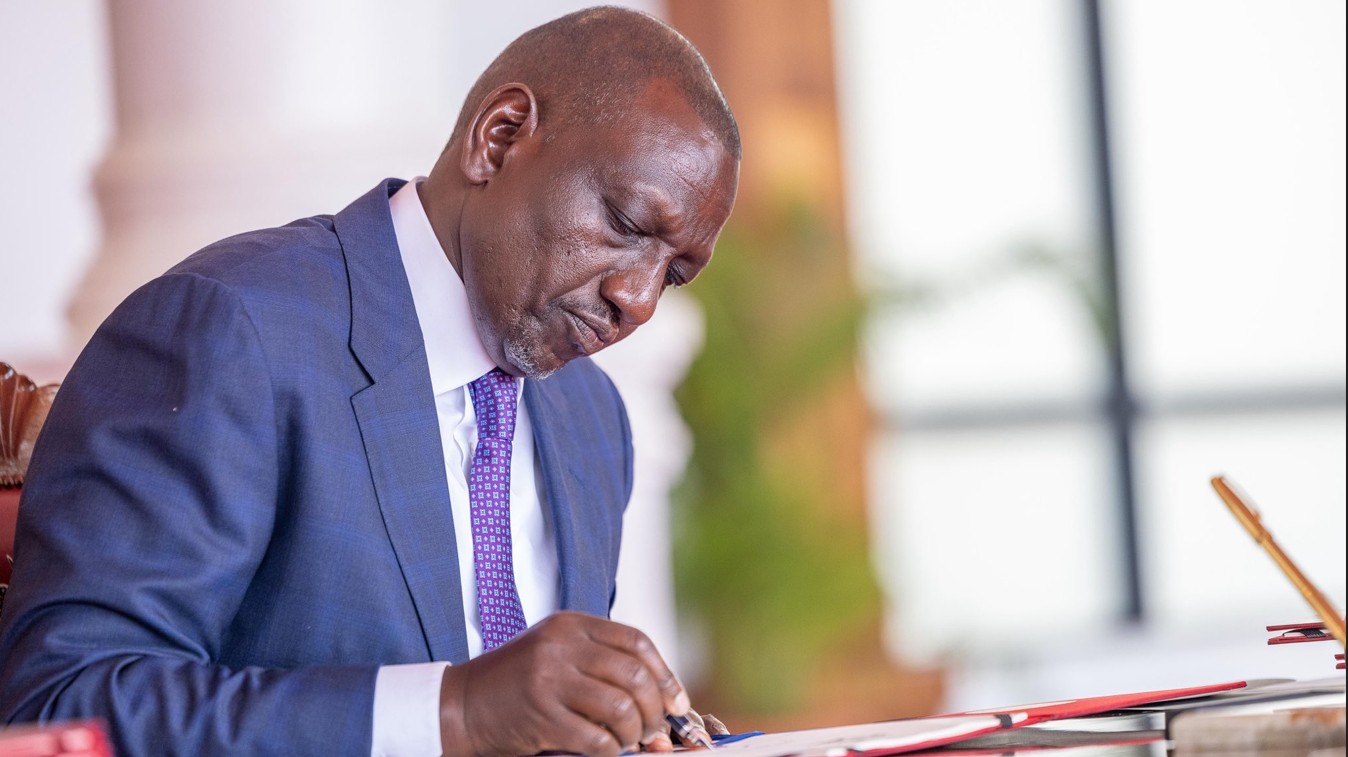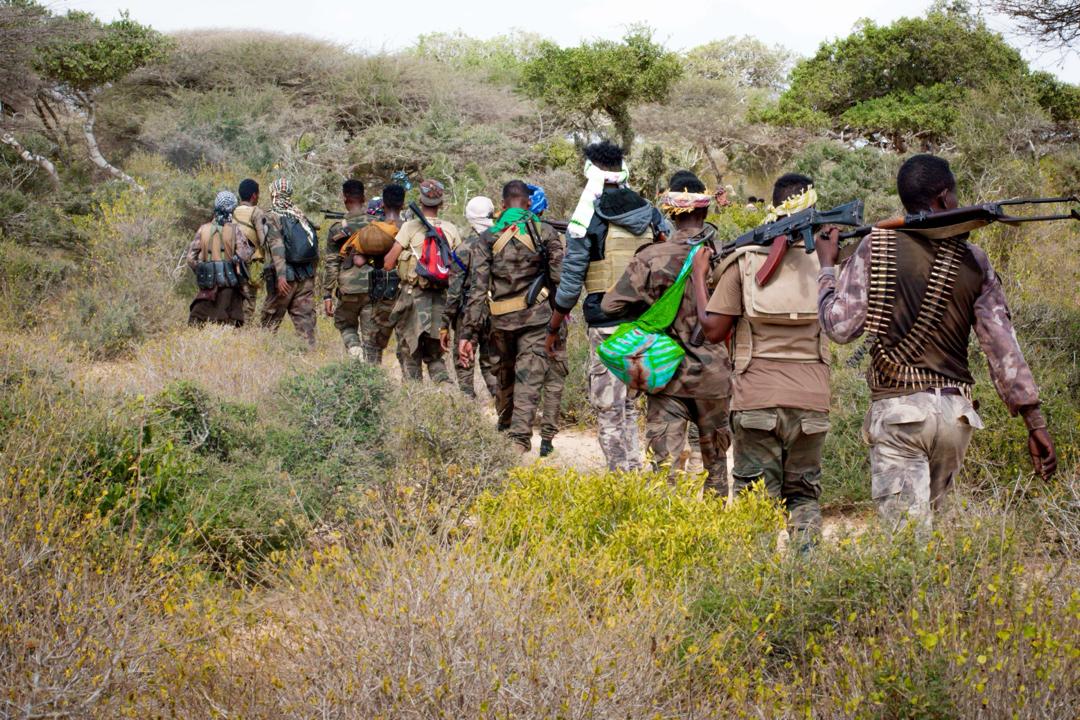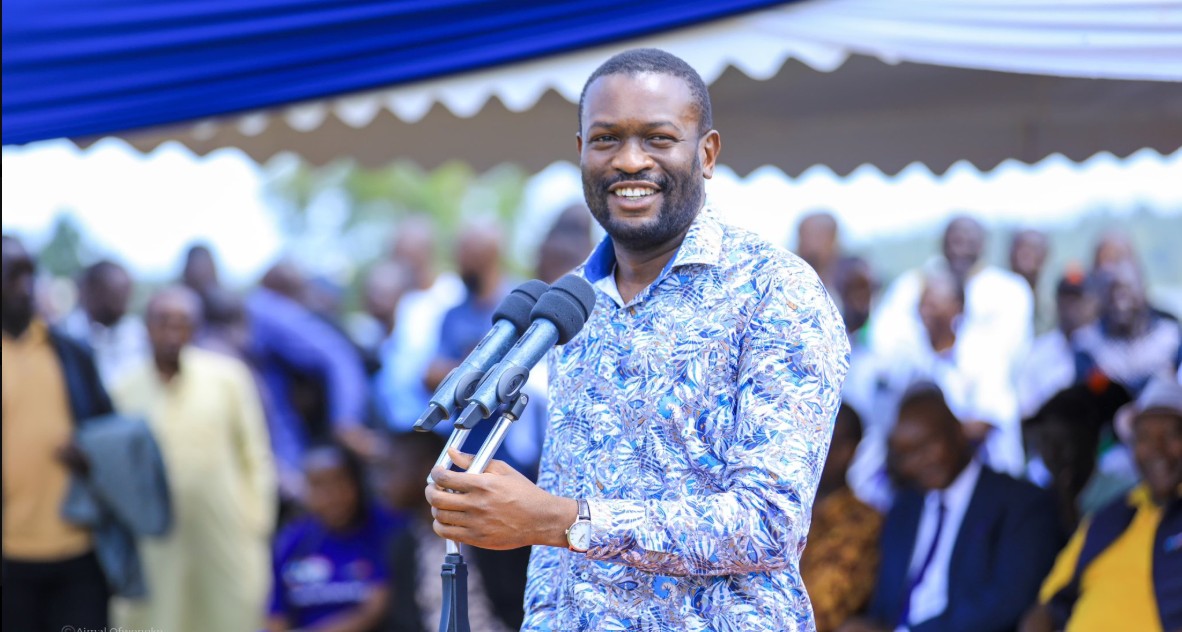Syrian rebels topple President Assad, Russia says he left the country
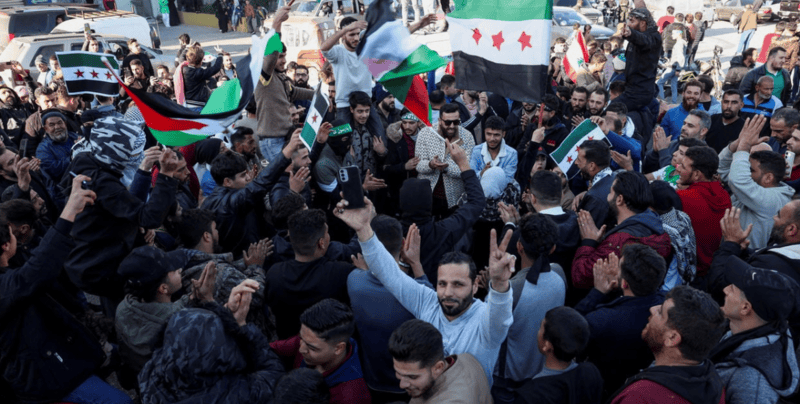
The collapse of Assad's rule followed a shift in the balance of power in the Middle East after many leaders of Lebanon's Iranian-backed Hezbollah group, a lynchpin of Assad's battlefield force, were killed by Israel over the past two months.
Syrian rebels declared President Bashar al-Assad's ouster after seizing control of Damascus on Sunday, forcing him to flee and ending his family's decades of rule after more than 13 years of civil war in a seismic moment for the Middle East.
The rebels also dealt a major blow to the influence of Russia and Iran in Syria in the heart of the region, allies who propped up Assad during critical periods in the conflict.
More To Read
- Trump meets President Ahmed al-Shara, says US will lift sanctions on Syria in major policy shift
- Syria's president Ahmed al-Sharaa forms new transitional government
- Exclusive: More than 1,000 Syrians died in airport prison under Assad, report says
- Somali refugees in Dadaab fear Trump’s return will trigger new travel ban
- Demoralised conscripts, absent allies: How Bashar al-Assad's army collapsed in Syria
- UN rights chief urges accountability in Syria, sees huge chance for fair transition
The rebels said they had entered the capital with no sign of army deployments. Thousands of people in cars and on foot congregated at a main square waving and chanting "Freedom" from a half-century of Assad family rule, witnesses said.
People were seen walking inside the Al-Rawda Presidential Palace, with some leaving carrying furniture from inside. The rebels said prisoners had been freed from a large jail on the outskirts of Damascus where the Syrian government detained thousands.
"We celebrate with the Syrian people the news of freeing our prisoners and releasing their chains," the rebels said.
Iran's embassy was also stormed by Syrian rebels, Iran's English-language Press TV reported.
Hezbollah, which provided crucial support to Assad for years, withdrew all of its forces from Syria on Saturday as rebel factions approached the capital Damascus, two Lebanese security sources told Reuters on Sunday.
One of the sources said that the supervising forces that Hezbollah had deployed to Syria overnight between Thursday and Friday had been sent to oversee the pullback.
Syria's army command notified officers on Sunday that Assad's rule had ended, a Syrian officer who was informed of the move told Reuters.
But the military later said it was continuing operations against "terrorist groups" in the key cities of Hama and Homs and in the Deraa countryside.
Assad, who has not spoken in public since the sudden rebel advance a week ago, flew out of Damascus for an unknown destination earlier on Sunday, two senior army officers told Reuters, as rebels said they had entered the capital with no sign of army deployments.
His whereabouts now - and those of his wife Asma and their two children - remain unknown. The Russian Foreign Ministry said Assad had left office and departed the country after giving orders there be a peaceful handover of power.
The Syrian rebel coalition said it is continuing work to complete the transfer of power in Syria to a transitional governing body with full executive powers.
"The great Syrian revolution has moved from the stage of struggle to overthrow the Assad regime to the struggle to build a Syria together that befits the sacrifices of its people," it added in a statement.
As Syrians expressed joy, Prime Minister Mohammad Ghazi al-Jalali called for free elections.
But that would require a smooth transition in a country with complex competing interests.
Jalali also said he had been in contact with rebel commander Abu Mohammed al-Golani to discuss managing the transitional period, marking a notable development in efforts to shape Syria's political future.
The collapse of Assad's rule followed a shift in the balance of power in the Middle East after many leaders of Lebanon's Iranian-backed Hezbollah group, a lynchpin of Assad's battlefield force, were killed by Israel over the past two months.
The road ahead is highly complex with a mosaic of groups pursuing conflicting agendas.
Turkey-backed Syrian forces have taken control of some 80% of northern Syria's Manbij area and are close to victory against Kurdish forces there, a Turkish security source said.
Russian Foreign Minister Sergei Lavrov held talks with Geir Pedersen, the U.N. envoy for Syria, in Doha on Saturday when they discussed potential measures to stabilise the situation in Syria, the Interfax news agency reported on Sunday.
Syrians will have to cope with a full-scale civil war alone, Konstantin Kosachyov, deputy chairman of Russia's upper house of parliament said, while suggesting that Moscow was ready to support the Syrian people in certain circumstances.
Russia, a staunch Assad ally, intervened decisively in 2015 to help Assad during Syria's civil war. But with its military resources mostly tied down in Ukraine, Moscow's ability to influence the situation on the ground was far more limited this time round - despite maintaining two military facilities in Syria.
US to maintain presence
Syria's civil war, which erupted in 2011 as an uprising against Assad's rule, dragged in a string of outside powers, created space for militants to plot attacks around the world and sent millions of refugees into neighbouring states.
The frontlines were dormant for years. Then rebels once affiliated with Al Qaeda suddenly burst into action, posing the biggest threat to Assad.
The pace of events has stunned Arab capitals and raised fears of a new wave of regional instability.
It marks a turning point for Syria, shattered by years of war which has turned cities to rubble, killed hundreds of thousands of people, and forced millions abroad as refugees.
Stabilising western areas of Syria captured in the rebels' advance will be key. Western governments, which have shunned the Assad-led state for years, must decide how to deal with a new administration in which a globally designated terrorist group - Hayat Tahrir al-Sham (HTS) - looks set to have influence.
The United States will continue to maintain its presence in eastern Syria and will take measures necessary to prevent a resurgence of the Islamic State, Deputy Assistant Secretary of Defense for the Middle East Daniel Shapiro told the Manama Dialogue security conference in Bahrain's capital on Sunday.
At a conference in Doha, the Turkish Foreign Minister Hakan Fidan said "terrorist organisations" must not be allowed to take advantage of the situation in Syria and called on everyone to act with caution.
HTS, which spearheaded the rebel advances across western Syria, was formerly an al Qaeda affiliate known as the Nusra Front until its leader, Abu Mohammed al-Golani, severed ties with the global jihadist movement in 2016.
"The real question is how orderly will this transition be, and it seems quite clear that Golani is very eager for it to be an orderly one," said Joshua Landis, a Syria expert and Director of the Center for Middle East Studies at the University of Oklahoma.
Golani will not want a repeat of the chaos that swept Iraq after U.S.-led forces toppled Saddam Hussein in 2003. "They are going to have to rebuild ... they will need Europe and the U.S. to lift sanctions," Landis said.
HTS is Syria's strongest rebel group and some Syrians remain fearful it will instigate reprisals.
Countries like the United Arab Emirates and Egypt, both close U.S. allies, see militant groups as an existential threat, so HTS may face resistance from the regional powers.
In a conference in Manama, Anwar Gargash, the diplomatic advisor to the United Arab Emirates president, said a main concern for that country is "extremism and terrorism."
He said Syria is not out of the woods yet, adding that he did not know whether or not Assad was in the UAE.
Gargash blamed Assad's downfall on a failure of politics and said he had not used the 'lifeline' offered to him by various Arab countries before, including the UAE.
Israel, which is likely to celebrate the fall of its enemy Assad after it severely weakened its other main foes Hezbollah and Hamas in over a year of fighting, said it has deployed forces in the U.N.-monitored buffer zone with Syria and at a number of points necessary for defence.
Suspected Israeli strikes hit Mazzeh district of Damascus, one Lebanese and one Syrian security source said on Sunday.
Jets believed to be Israeli bombed the Khalkhala air base in southern Syria that was evacuated by the Syrian army overnight, two regional security sources told Reuters.
The Israeli government had no immediate comment on the reported strikes, which one of the sources said appeared to be aimed at preventing weapons falling into the hands of radical groups.
Top Stories Today
